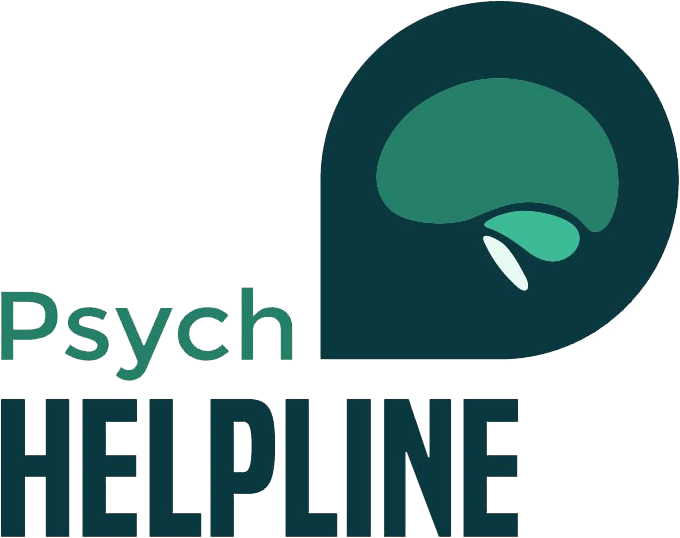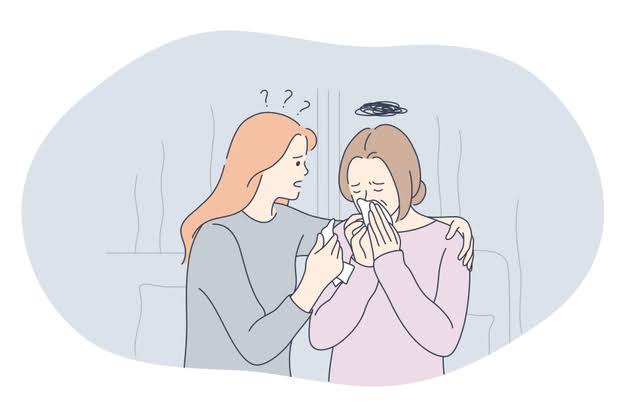Table of Contents
As humans and members of society, we all tend to have some preconceived notions about specific topics. Based on those preconceived ideas we may tend to judge others in, particularly subtle yet harsh ways. Pathologizing is one of those many subtle yet harsh ways people tend to consciously or non consciously categorize others. Thus Pathologizing is the act of categorizing someone as far from normal or abnormal.
In the world of psychology Pathologizing is an act of overdiagnosis that involves persistently viewing a single symptom as the indication of a disorder or abnormality.
This kind of categorization can be based on someone’s psychological, behavioral, physical symptoms, or social stature. It involves a lot of stigmatization thus people tend to treat such individuals differently based on their supposed differences. Here’s more on why Pathologizing can be pretty harmful and some easy ways to spot it;
Why do people & health professionals tend to pathologize?
The biggest reason behind this phenomenon or large-scale practice could be the lack of education acknowledgment and awareness. As a society, we are divided into various ethnicities and other social logical groups. Each group possesses characteristics of its own. When those characteristics don’t match with the characteristics of another group the former is more likely to pathologize the latter. In this way, the latter turns into the so-called “other”. The way a person has been raised has a lot to do with the way he engages socially. Thus, if children have grown with a specific set of biases and stereotypes they are more likely to practice those in the future.
Critics argue that intentional pathologizing in clinical settings has large-scale benefits for the pharma industry. When therapists and other health professionals pathologize their patients, they tend to needlessly prescribe various drugs. This in turn leads to more pharmaceutical sales and booming business for the pharma industry.
Pathologizing: Can It Be An Abusive Tactic?
Pathologizing can be an emotionally abusive antic used by someone near and dear to you. This form of Pathologizing seems so subtle that it’s hard to spot. A romantic partner or someone close to you might use it as an opportunity to disregard the things that they don’t like about you by using clinical terms. Here are some subtle yet keenly noticeable giveaways that can help you spot some signs;
- The person who’s Pathologizing you may try to make it seem like you’re imagining things that don’t really exist. For instance; a person who’s stealing from you might diagnose you as a neurotic person. He/she might blame you for making things up, and hallucinating events that never happened.
- A narcissistic partner family, member friend can utilize such antics to push you into the guilty end. Making you feel like a supposed neurotic individual serves them with the mental satisfaction they desire. Statistically speaking a person who’s being pathologized may be more accepting of spousal abuse from their partner. That’s because they do diligently believe that everything they do is nonsensical as suggested by their partner.
- Even when they’re the ones at fault, they might try to put the blame on you. They’re usually able to do that by pinpointing a specific symptom of a psychological condition in you. As a result of that, you turn into an unreliable person with a blurry view of things. It can be further specified by giving the example of an unfaithful partner. In order to avoid discussions on infidelity, a cheating partner might blame your GAD for causing irrational thoughts and making you paranoid.
- They use diagnostic terms while referring to your flaws because it makes their claims more credible. Their credibility and so-called knowledge about your possible anomaly may make you seem like less of a person. It’s a subtle act of brainwashing someone into believing something that isn’t that extreme. For instance; if a spouse doesn’t really seem that into tidying up he might try to avoid that responsibility by labeling you as a person who has compulsive cleaning tendencies. It’s truly an abusive antic that involves pushing another person under the bus.
Pathologizing In Clinical Settings: The Consequences
It would be fair to say that some medics have been guilty of Pathologizing their patients in the past and continue to do so. This is usually done by lumping in a few minor symptoms with a larger-than-life diagnosis. You might be able to process this better if you are aware of the rising ADD and ADHD diagnosis statistics during recent years. Kids that come from low-income households are more likely to be pathologized by school counselors. Their upbringing doesn’t seem very conventionally valid when we compare them with other kids that have been brought up by much more educated parents. Thus it’s very easy to label the former as a group that might be dealing with a learning disability. Some critics argue that these rising statistics prove that some therapists tend to pathologize normal childhood behavior as something that needs to be intensely fixed.
Neglecting the factors that negate a diagnosis and focusing more on the ones that actually persist can be highly damaging. Such mal-practitioners usually blame a patient’s non-compliance during treatment on his supposed psychiatric condition. A mal-practitioner may also try to refuse any opportunities to answer your questions regarding your condition. Instead, he or she might try to label your curiosity as the negative consequence of a mental condition. Such health professionals exhibit extremely controlling behavior which goes against the conventions of their profession. It can also more or less result in the extraction of a false diagnosis.
Some of the prominent consequences of Pathologizing patients may include;
The Lack Of Growth
Pathologizing up to an extreme extent can diminish growth is significantly normal people. This statement can be further elaborated on with the help of an example. Once you get overdiagnosed by a psychologist you are more likely to pin all your problems on that particular diagnosis. For instance, if someone is dealing with problems in their married life they are more likely to blame the diagnosed mental condition. Instead of actually working on building a better relationship with their partner that person would be more focused on tracing the origins of the problem towards a mental anomaly. Thus, pathologizing normal behavior leads to having little to no urge for self-improvement. It can be very dehumanizing to know that every experience you’ll ever have is as a result of the condition you’ve been over-diagnosed with.
Self Doubt And Alienation
Pathologizing in a large span of matters can be an act of alienating a person. It can induce self-doubt and may result in confidence-related issues in any person whether a child or adult. For instance when a child gets diagnosed with a mental or physical condition as a result of Pathologizing he or she is more likely to feel alienated by other kids of that age. This kind of alienation can further increase when a child getting pathologized gets separated from the normal crowd based on their so-called learning disability. If a gifted kid has been pathologized into believing that he or she possesses a behavioral or learning disability, he might even find it harder to make friends.
The shame associated with that particular disorder may also make him or her feel like less of a normal person. Such individuals can also become a little too self-conscious regarding their mental and physical capabilities. They might experience additional worries and fears before carrying out any task that could test their abilities. As stated earlier such individuals tend to have little to no self-esteem. Because of that very reason, they don’t tend to hold their stand while confronting others even on the topics they are right about.
Increase In Apathy
When an intense anomaly becomes as commonly diagnosed as the common flu then the response of the general public can turn more apathetic. A common example of such conditions could be PTSD and OCD. When the common urge for cleanliness gets labeled as a compulsive habit the experiences of people who actually struggle with OCD turn meaningless.
Over-reliance On Medication
The very act of Pathologizing being carried out by a health professional or therapist includes excessive dependence on psychotropic medication. Excessively prescribing medication for a disorder or ailment that just isn’t serious enough can result in more harm than benefit. Antipsychotics and psychotropic medications have side effects on their own. So when you are taking those medications under non-serious circumstances the side effects are going to be even more intense. This over-reliance on medication can lead to;
- Dizziness
- Altered sleep patterns
- Suicidal behavior & thoughts
- Parkinsonism
- Mood swings
- Numbness
- Immense weight gain
Pathologizing: How To Eradicate This Practice
If you’re noticing the things mentioned earlier on then these are all red flags that you need to take notice of. perhaps you are in the middle of being pathologized by someone really close to you. If you are spotting these huge signs, then it’s time to make a move. Talk to your therapist regarding the things that have been said about you by someone close to you. A counselor and therapist can help you actualize whether or not you’re becoming the butt of a joke by someone else or not.
Once you are aware of the red flags you would be more capable of making a final decision for your betterment. If someone’s consciously trying to make you feel like less of a person then it’s better to talk to them and make them aware of this harsh move. If a valid conversation doesn’t seem to solve the issue, then avoiding that particular person would be much healthier for you. Pathologizing others is a common practice among narcissistic abusers.
Final Words
When you spot these common abusive patterns, take action instead of dismissing them. Furthermore, you can destigmatize these biases by learning more about various psychological, behavioral conditions and their symptoms. Once you are educated enough on this discourse you would be in a better state to make a judgment.







